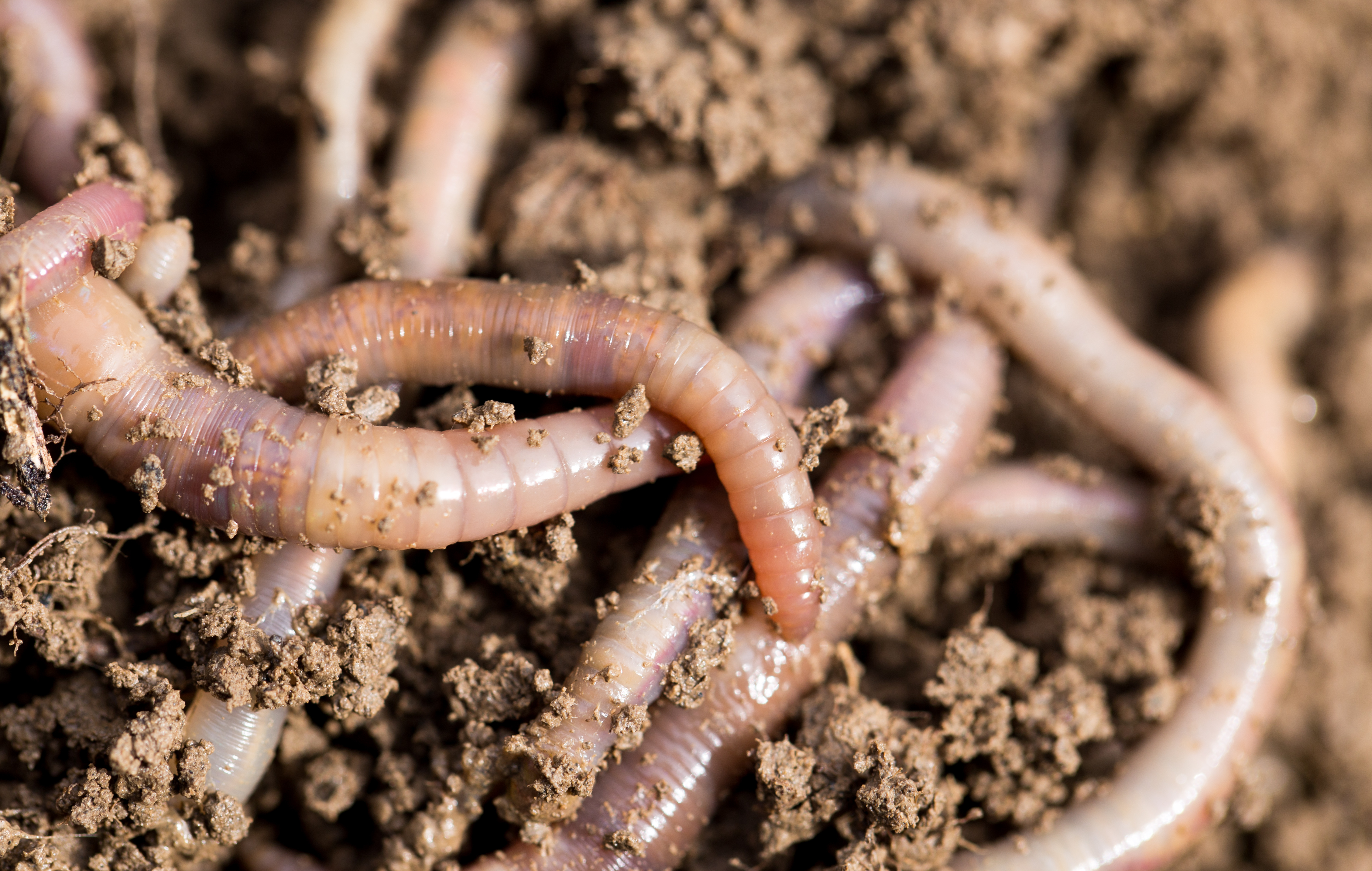Red Wiggler Worms Demystified: Opening the Tricks of Vermiculture for Greener Living and Nutrient-Rich Dirt
In the world of lasting practices for enriching soil high quality and promoting eco-conscious living, red wiggler worms play an essential yet typically overlooked function. These simple animals possess the amazing ability to change organic waste right into nutrient-rich spreadings that act as a potent natural plant food. By diving right into the world of vermiculture, one can discover a wide variety of advantages that extend far beyond traditional composting techniques. Understanding the ins and outs of caring for these worms, maximizing their environment, and utilizing their castings can result in a greener lifestyle and healthier soil for plants to grow.
The Duty of Red Wiggler Worms
Red Wiggler worms play a vital role in composting systems by effectively breaking down organic matter into nutrient-rich castings. These starved eaters consume a variety of natural products, such as kitchen scraps, backyard waste, and paper products. As they feed, the worms' digestion procedures break down the natural matter right into a penalty, dark, and nutrient-dense material called worm spreadings or vermicompost.
The castings produced by Red Wiggler worms are very advantageous for soil health and plant growth. They are abundant in important nutrients like nitrogen, potassium, and phosphorus, which are crucial for sustaining healthy and balanced plant development. Additionally, worm spreadings include useful microbes and enzymes that aid improve dirt framework, increase water retention, and enhance nutrient uptake by plants.
Benefits of Vermicomposting

It improves dirt structure, boosts soil oygenation, and enhances soil wetness retention. Vermicompost additionally enhances the dirt with essential nutrients like phosphorus, nitrogen, and potassium, advertising plant development and general dirt fertility.
Additionally, vermicomposting assistances lasting gardening practices by giving a chemical-free and natural option to artificial plant foods. Red Wiggler Worms. This eco-friendly method not just enriches the dirt but likewise aids minimize dependence on harmful chemicals, promoting a greener and much more lasting way of horticulture
Setting Up a Worm Bin
When developing a worm container for vermicomposting, proper arrangement is crucial to guarantee the success of the composting procedure. The first step in establishing up a worm bin is choosing an appropriate container.
After adding the bedding, introduce the red wiggler worms to the bin. The worms ought to after that be given with food scraps such as fruit and veggie peels, coffee grounds, and eggshells.
Consistently monitor the wetness levels and temperature in the worm bin to make certain optimum conditions for the worms. With appropriate arrangement and upkeep, the worm container will properly transform natural waste into nutrient-rich garden compost for your plants and yard.
Harvesting Worm Spreadings
To successfully accumulate Discover More nutrient-rich worm castings from your vermicomposting system, an organized harvesting method is necessary. When it comes time to gather the worm spreadings, there are a couple of essential actions to comply with to make sure a successful procedure. Quit including fresh food scraps to one side of the worm container for a couple of weeks prior to gathering. This motivates the worms to migrate sideways with fresh bedding and food, making it easier to dig the spreadings from the opposite side.

Troubleshooting Common Issues
Identifying and resolving typical obstacles that may develop throughout the vermicomposting procedure is important for preserving a healthy and balanced and productive worm bin. Including excess food scraps can lead to a build-up of dampness and acidity in the worm bin, possibly harming the worms. Another issue is unpleasant odors emanating from the worm container.
In addition, if the worm population is decreasing or the worms show up undesirable, maybe due to ecological stress factors such as severe temperatures or pH degrees. Keeping an eye on these elements and making required changes is crucial for the well-being of the worms. By troubleshooting these typical concerns promptly, vermicomposters can additional hints make certain a successful and smooth vermicomposting process while keeping a prospering worm population.

Conclusion
In final thought, red wiggler worms play an important role in vermiculture by breaking down organic matter right into nutrient-rich soil. Setting up a worm container is vital for successful vermiculture, and gathering worm spreadings supplies important compost for gardening.
As they feed, the worms' digestion procedures damage down the organic matter right into a fine, dark, and nutrient-dense product recognized as worm spreadings or vermicompost.
The spreadings created by Red Wiggler i thought about this worms are highly advantageous for soil health and wellness and plant development. Adding excess food scraps can lead to a buildup of dampness and acidity in the worm container, possibly hurting the worms.Additionally, if the worm population is decreasing or the worms appear unhealthy, it could be due to ecological stress factors such as extreme temperatures or pH levels. Setting up a worm bin is crucial for effective vermiculture, and collecting worm spreadings supplies important garden compost for horticulture.